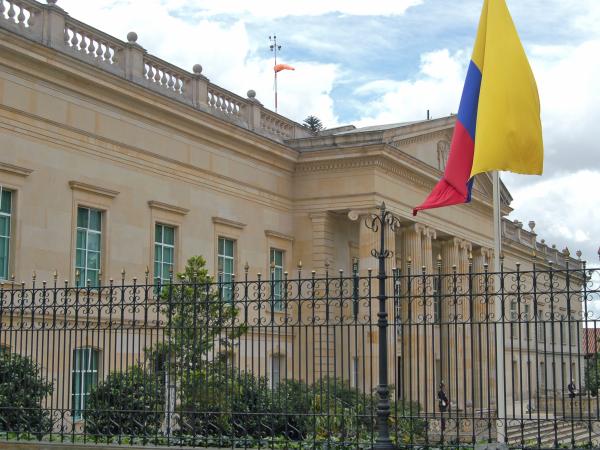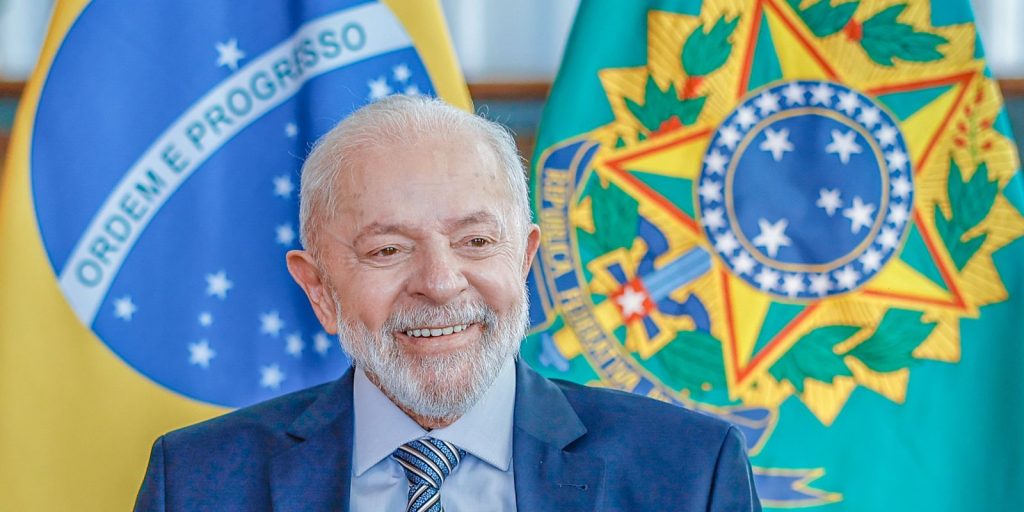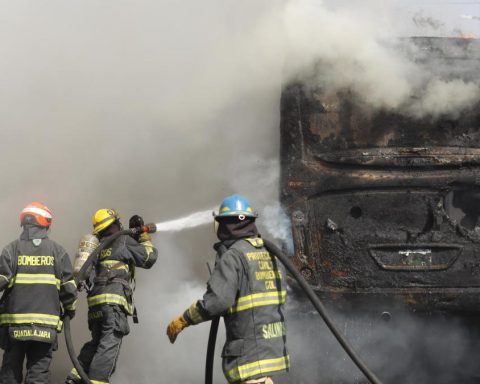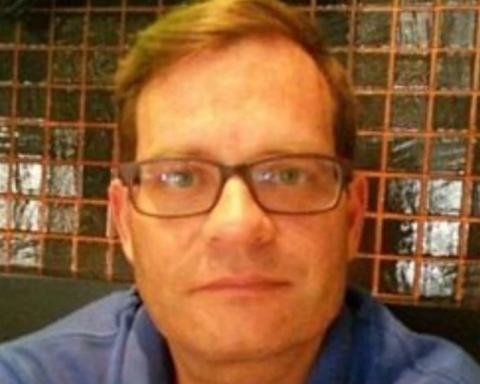The Colombian government is characterized by centralism, which consists of the centralization of political power, but decentralization of administrative tasks.
(Further: Decentralization Mission: final report confirms the need to reform royalties).
“The unitary State assumes the principle of political centralization, which translates into unity of supreme command, unity in all branches of legislation, unity in the administration of justice and, in general, unity in political decisions that are valid for the entire national geographic space.“, the Constitutional Court notes.
In an effort to change this dynamic, the country’s governors have introduced a series of constitutional and legal reform projects seeking decentralization and territorial autonomy.
In an interview with EL TIEMPO, Dilian Francisca Toro, governor of Valle del Cauca, pointed out the urgent need for decentralization and increased resources for the regions. She also outlined the current challenges and proposed solutions to strengthen local administration and guarantee a better quality of life for Colombians.
(Read: Colombia has not yet overcome the challenge of decentralizing its production and the GDP feels it).
“We have agreed to work for decentralization, administrative and financial autonomy, and we have therefore presented several very important bills.“Toro commented. These projects seek to allow the regions to recover 47% of the General Participation System, a percentage that had been reduced by previous legislative reforms.”We want this recovery to be gradual, reaching 35% in the first few years.“, he added.
(See: Government to present bill to exempt COP16 from VAT).
Dilian Francisca Toro, head of ‘la U’
Cesar Melgarejo. THE TIME
The governor explained that although they have requested these changes for years, The centralization of resources has left the regions with only 20% of the transfersmeaning a loss of 200 billion pesos for the departments.
Despite skepticism about the implementation of these reforms, Toro remains optimistic: “The project has already been debated four times and has the support of about 100 congressmen.“.
Security at COP 16
Regarding security, Toro announced the acquisition of drones to protect Cali and Valle del Cauca during COP 16. “We have purchased drone jammers for the Police and the Army, covering approximately five to seven kilometers“, he said. This measure is in response to the drone attacks that have affected the region, especially in Jamundí.
(Further: Reactivation and reforms: Government priorities in the new legislative period).
Toro also referred to the situation in Jamundí, impacted by the influence of illicit crops and illegal mining in northern Cauca.We are regaining territorial control in the rural area of Jamundí, and the Army has intensified pressure against illegal groups.“, he says.
On the other hand, Regarding regional development, Toro highlighted the commuter train projectwhich will connect Cali with Jamundí, Yumbo and Palmira. “It is our main mobility project, and we hope to open the tender next year.“, it states.

Motorcycle bomb attack in Jamundí
Juan Pablo Rueda / THE TIME
Finally, he noted that The biggest problem facing departments in Colombia is “The lack of resources to generate the social, economic and sustainable development that we need so that citizens have good living conditions, particularly we have problems in terms of health”
If you want to read the full interview, Click here.
TIME


















